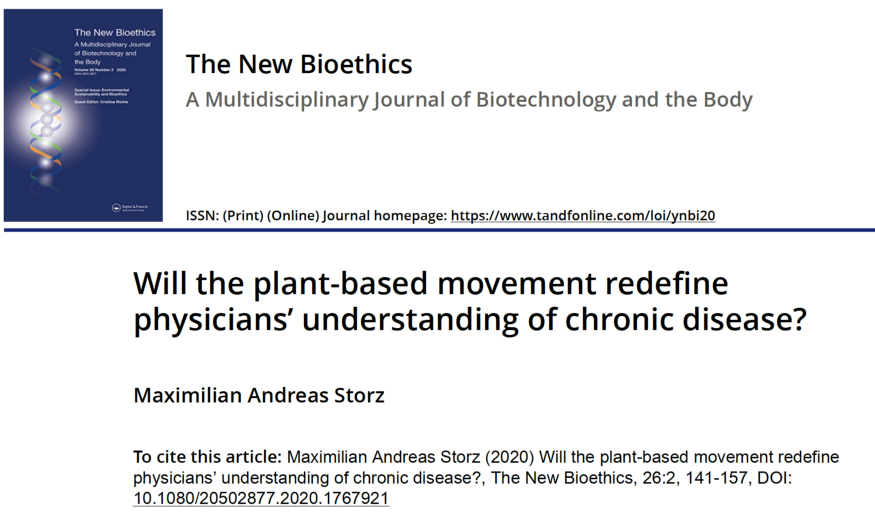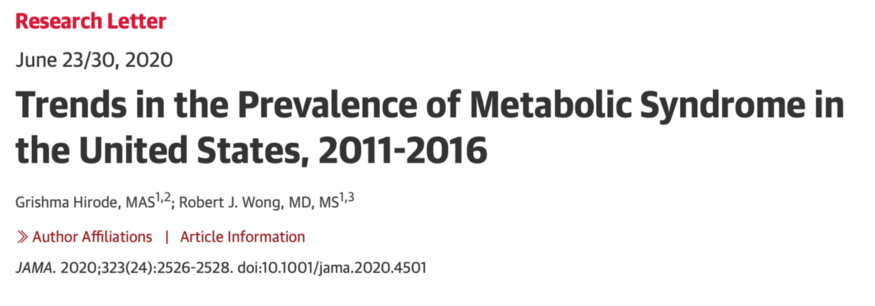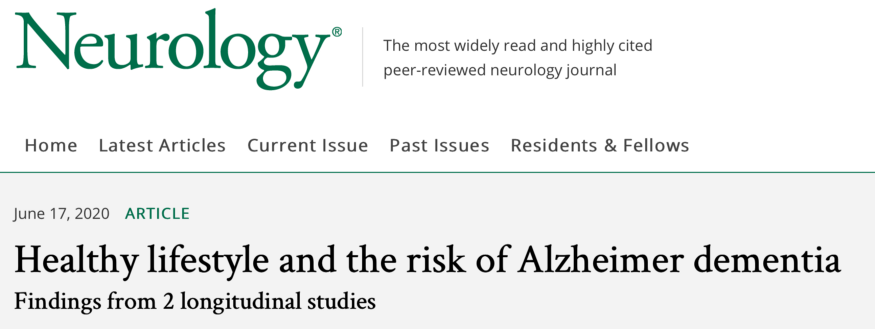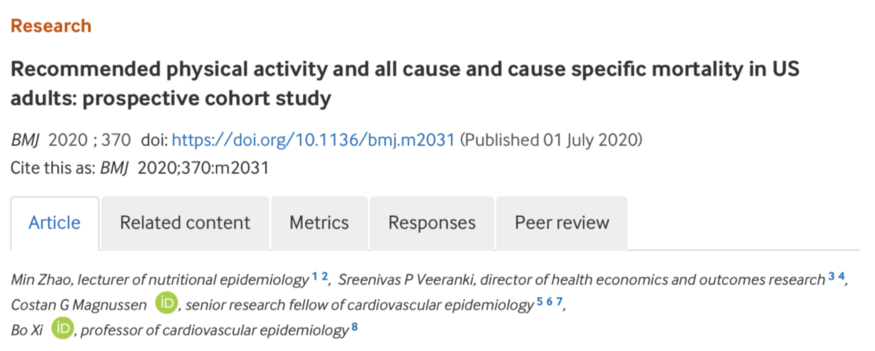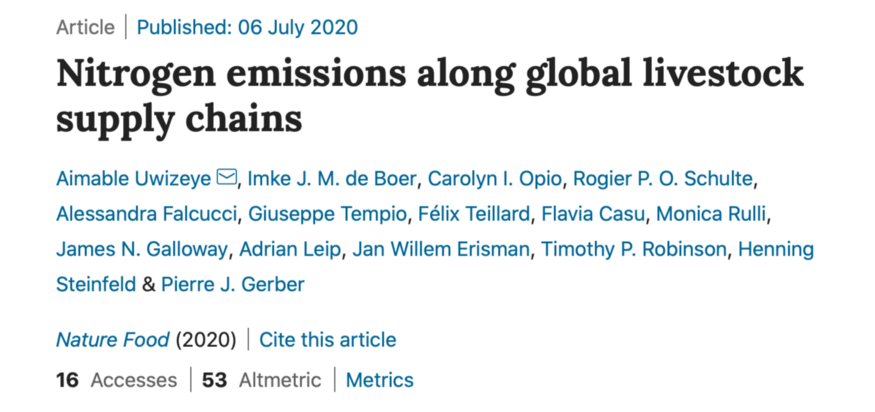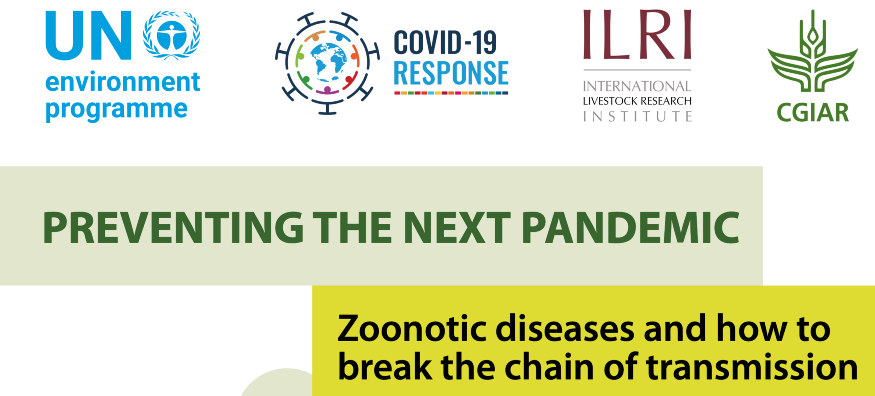A review of the weeks plant-based nutrition news 12th July 2020
Some excellent papers this week supporting healthy plant-based diets but as always there are studies and reports that raise concerns for our future existence on this planet.
HEALTH PROFESSIONALS MUST COUNSEL PATIENTS ON HEALTHY PLANT-BASED DIETS: This paper reviews plant-based diets and their role in promoting health and well-being and puts it into an ethical context. The paper summarises the evidence-based benefits of a plant-based diet and then discusses ethical considerations and issues of informed consent. Given what we know already about a plant-based diet and its potential to prevent, treat and sometimes reverse a number of common chronic illnesses, is it ethical for a doctor or health professionals to withhold this information from their patient/client? The authors suggests that even if the doctor or health professioanls does not themselves follow a plant-based diet ‘Patients have the right to be told the truth and a plant-based diet should be part of every patient-doctor dialogue. Not mentioning this powerful tool is an act of withholding crucial information’. The review also summarised the economic benefits for global healthcare systems and the ecological benefits for planetary health and suggests that the ‘plant-based movement could sooner or later redefine our current understanding and perception of chronic conditions’. I do hope that this is true. Well worth reading the whole paper.
SOME LESS GOOD NEWS: Despite the fact that we know that diet and lifestyle factors are at the root cause of many chronic diseases, such as metabolic syndrome, we are failing as a society to use this knowledge to improve the health of populations. This brief paper from the US reports the prevalence of metabolic syndrome, defined as having at least 3 of the following: waist circumference greater than 102 cm in men or 88 cm in women, triglyceride level greater than 150 mg/dL, high-density lipoprotein cholesterol less than 40mg/dL in men or less than 50 mg/dL in women, systolic blood pressure at least 130mmHg or diastolic blood pressure at least 85 mm Hg or taking hypertension medications, or fasting plasma glucose level at least 100 mg/dL or taking diabetes medications. It uses data from the National Health and Nutrition Examination Survey (NHANES) from 2011 to 2016. Among 17 048 participants, the prevalence of metabolic syndrome was 34.7% and did not differ significantly between men and women but did differ by ethnicity. There was an increase in prevalence over the time period with the greatest increase amongst those aged 20 to 39 years, Asians and Hispanics. So it seems that young people in America, the nation that spends more on healthcare than any other, have worsening health which is only going to lay in store a life of chronic illness. It really is terribly sad and comes back to the ethical viewpoint of the first paper. We know the solution, yet it is not accessible to most for reasons related to education, skills, knowledge, availability of food, income and much much more. A healthy diet, avoiding tobacco and alcohol and regular physical activity has the ability to wipe out 80% of chronic illness. Healthcare systems need to focus on these lifestyle factors, which are inextricably linked to socioeconomic determinants.
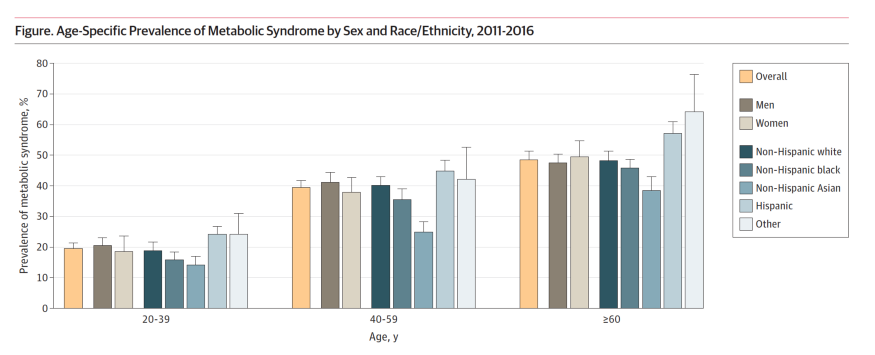
FRUIT AND VEGETABLE CONSUMPTION AND TYPE 2 DIABETES: This paper reports data from the EPIC-InterAct study and includes 9754 incident cases of type 2 diabetes in a subcohort of 13662 participants. It investigates objectives plasma biomarkers of fruit and vegetable intake and risk of type 2 diabetes. Previous studies that have investigated the association between fruit and vegetable intake and the risk of type 2 diabetes have relied on self-reported dietary questionnaires, with inconsistent findings and only weak reductions in risk (7–10% reductions). To overcome the issues with measuring intake from food frequency questionaires, this study measured plasma levels of vitamin C and carotenoids. In the analysis, higher plasma concentrations of vitamin C, total carotenoids, alpha-carotene, beta-carotene, and an overall biomarker score was associated with a 42–55% reduction in risk of type 2 diabetes, while higher concentrations of lycopene, lutein, and beta-cryptoxanthin was associated with a 21–35% reduction in risk. The findings strongly suggest that higher fruit and vegetable consumption is inversely associated with the incidence of type 2 diabetes, regardless of whether this increase in consumption is from a level below or above the recommended five a day threshold. The authors conclude; ‘The public health implication of this observation is that the consumption of even a moderately increased amount of fruit and vegetables among populations who typically consume low levels could help to prevent type 2 diabetes’.
This study completely dispels the myth that eating fruit can cause type 2 diabetes because of the high fructose content. This makes no sense in the context of the data we now have and on the basis of just plain old common sense. The fructose content is irrelavant when fruit is considered as a whole package with fibre and phytonutrients. In fact, not eating enough fruits and vegetables is detrimental to health and there is no such thing as eating too much fruit.
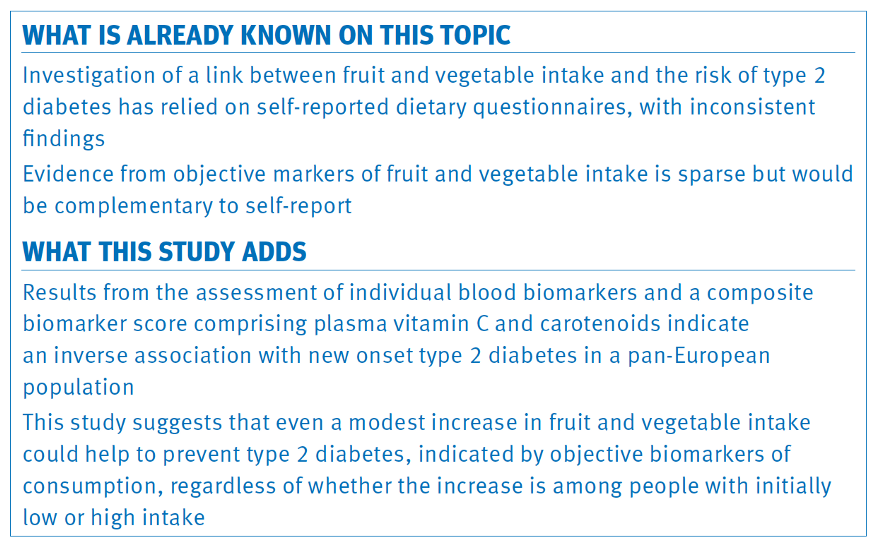
ALZHEIMER DEMENTIA AND IMPACT OF LIFESTYLE FACTORS: This new study brings hope for a much feared disease. The thought of getting dementia is terrifying for most and seeing a loved one suffer is even worse.
The study included almost 3000 participant from 2 older person cohort studies from the US. 5 healthy lifestyle factors were examined — 1) 150 minutes of moderate to vigorous exercise per week 2) not smoking 3) light to moderate rather than excess alcohol consumption 4) engagement in cognitive activities 5) high quality diet — MIND diet — which is a combination of the Mediterranean and DASH diets and is plant strong with some fish and olive oil.
The results are remarkable and unlike anything that medication can achieve. Those with 4 or 5 healthy lifestyle factors reduced their risk of Alzheimer’s by 60%. We know already that cardiovascular risk factors such as overweight, high blood pressure, high cholesterol, diabetes all increase the risk of dementia, be it vascular or Alzheimer dementia. These risk factors can be eliminated by adopting healthy lifestyle behaviours. The WHO published guidelines for dementia prevention in 2019 and it focuses on healthy lifestyle factors and eating fruits, vegetables, whole grains and beans. The Lancet Commission on dementia published in 2017 found that at least 35% of cases could be prevented.
This is positive and empowering information for all of us. It’s never too late to make some healthy choices be it diet, exercise or quitting unhealthy habits.
EXERCISE AND HEALTH OUTCOMES: I know I spend my time writing about diet and health, but actually you could substitute the word diet for exercise in most of my writing, although I still don’t think you can completely ‘outrun a bad diet’. Nonetheless, the power of regular physical activity can not be underestimated and is highlighted in this paper. This population-based cohort study used data from the National Health Interview Survey in the US (1997–2014) with linkage to the National Death Index records to 31 December 2015 and includes 479 856 adults aged 18 years or older. The question asked was ‘what are the benefits of the 2018 physical activity guidelines for Americans that adults should perform at least 150 minutes a week of moderate intensity aerobic activity or 75 minutes a week of vigorous intensity aerobic activity, as well as muscle strengthening activity for two days a week?’.
Self-reported aerobic physical activity and muscle strengthening activity each week were analysed and correlated with all cause and cause-specific mortality. During a median follow up of 8.75 years, those undertaking the recommended amount of aerobic or muscle strenthening activity had significant reductions in mortality — 29% and 11% respectively, with those doing both reducing the risk of mortality by 40%. There were significant reductions in risk for death from specific causes, including cancer, cardiovascular disease, Alzheimer disease, type 2 diabetes, influenza and pneumonia and nephritis , nephrotic syndrome or nephrosis. The risk reduction for each of these disorders was in the order of 20–60% with additive effects for aerobic and muscle strengthening activity, although aerobic physical activity had greater benefit than muscle strengthening. Even light aerobic activity was found to be beneficial.
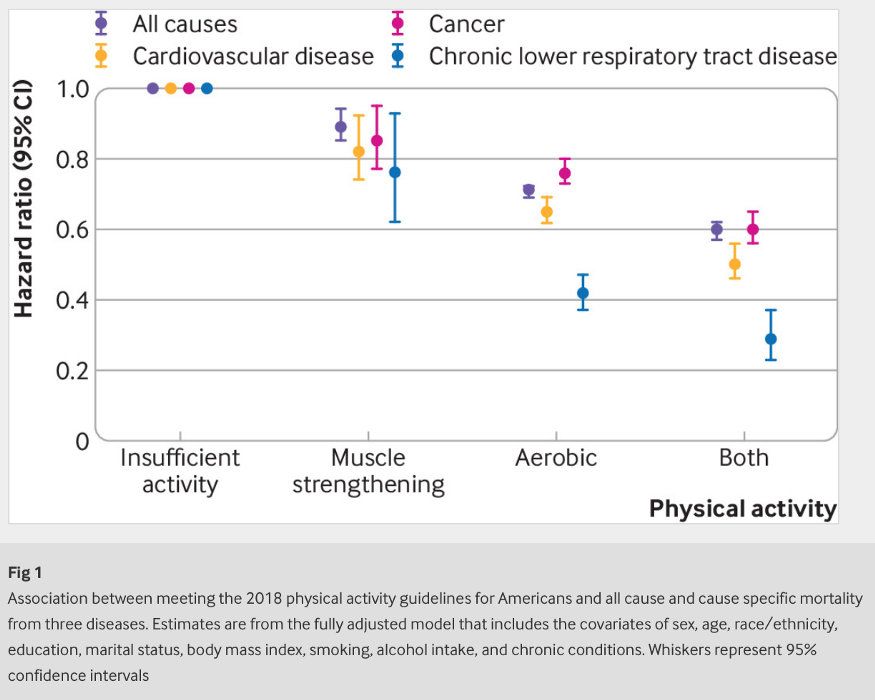
Public health strategies to encourage physical activity within the population, including those with chronic illness, has the potential to greatly improve health outcomes.
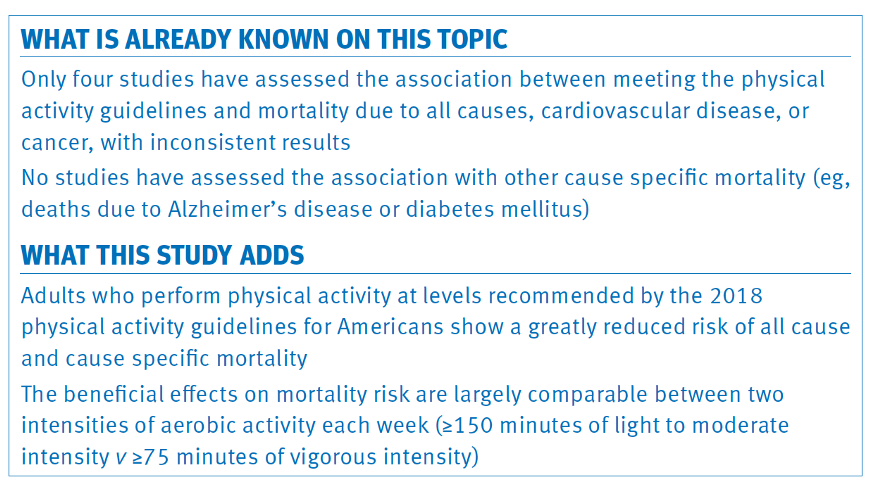
NITROGEN EMISSIONS FROM LIVESTOCK FARMING: The planet can not cope with the nitrogen being emitted by livestock farming. This nitrogen comes from fertilisers used in agriculture and livestock waste and is contributing to air and water pollution, climate change, ozone depletion and exacerbating global warming. The livestock sector accounts for about a third of all nitrogen emissions and meat and dairy production alone breaches the lower limit of what is considered to be the the safe global level beyond which future existance on this planet is endangered. This issue is in addition to the carbon dioxide being emitted from the food system. The overwhelming bulk of the emissions, 68%, comes from crops grown to feed animals, followed by nitrogen released by the build-up and management of manure. Asia contributes two-thirds of the total global nitrogen emmission. The solution is simple. We need to drastically reduce consumption of meat and dairy and for those of us in high and middle income countries, we can easily eliminate meat and dairy from the diet.
MORE INFECTIONS WITH PANDEMIC INFECTION ARE INEVITABLE — unless we make drastic changes to the way we exist on this planet. This paper warns of a newly identified genotype 4 (G4) Eurasian avian-like (EA) H1N1 virus with pandemic potential in pigs. The study demonstrates that workers within the pig farming industry have evidence of infection with around 10% of swine workers testing positive for antibodies against the virus.
PREVENTING THE NEXT PANDEMIC: The UN environment programme warns us this week that unless we address the root cause of pandemic infections i.e. wildlife trade, destruction of animal habitats and factory farming — future pandemics are inevitable. They lay out recommendations for decision makers and identify seven human-meditated factors that are driving the emergence of zoonotic infections. 1) increasing human demand for animal protein; 2) unsustainable agricultural intensification; 3) increased use and exploitation of wildlife; 4) unsustainable utilisation of natural resources accelerated by urbanisation, land use change and extractive industries; 5) increased travel and transportation; 6) changes in food supply; and 7) climate change.
We need to first focus on our own actions and then continue to campaign and demand change from those in power. Lead by example and others will follow. We have the answers to many of our global problems but we still need to unify in implementing the necessary actions. Delaying these difficult decisions will be catastrophic for human existence.
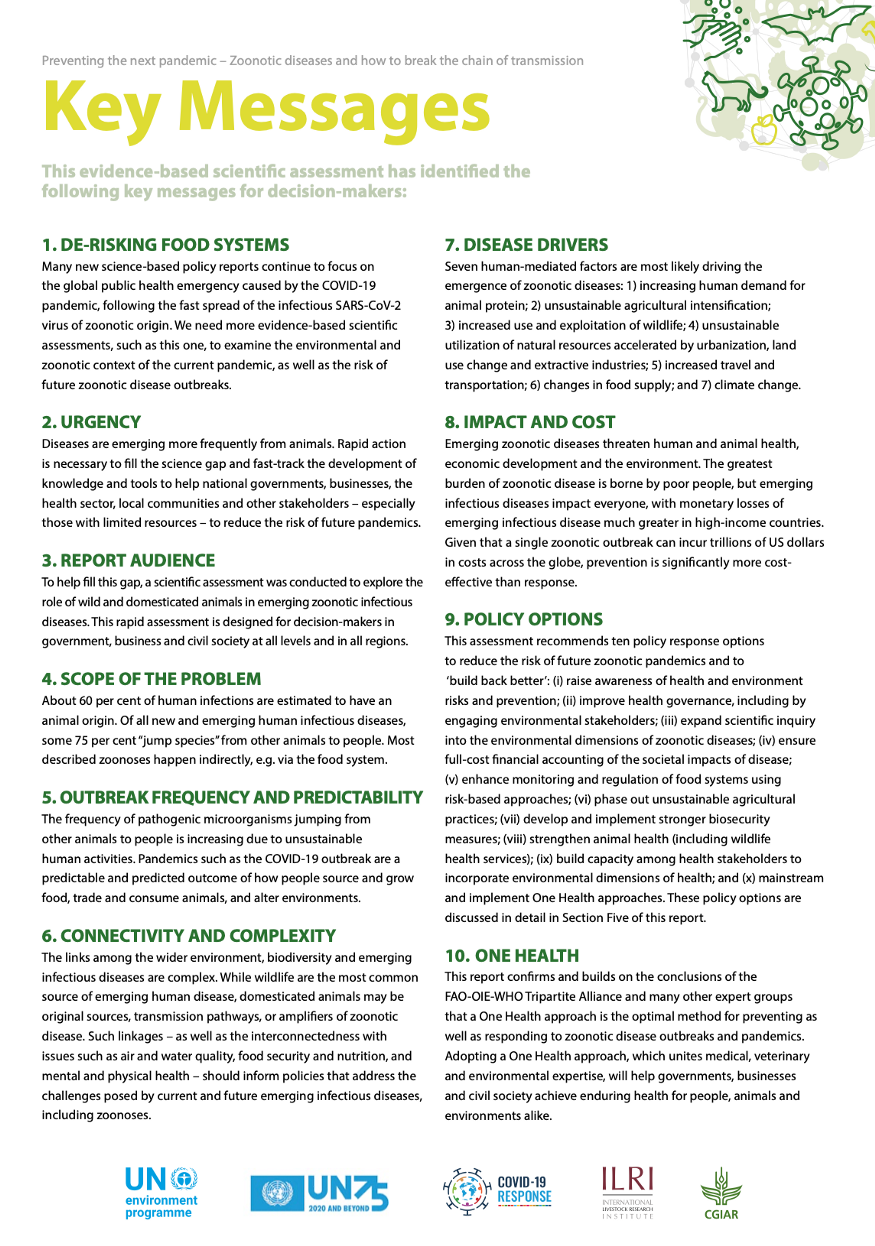
If you have found this article useful, please follow my organisation ‘plant-based health professionals UK’ on Instagram @plantbasedhealthprofessionals and facebook. You can support our work by joining as a member or making a donation via the website.

